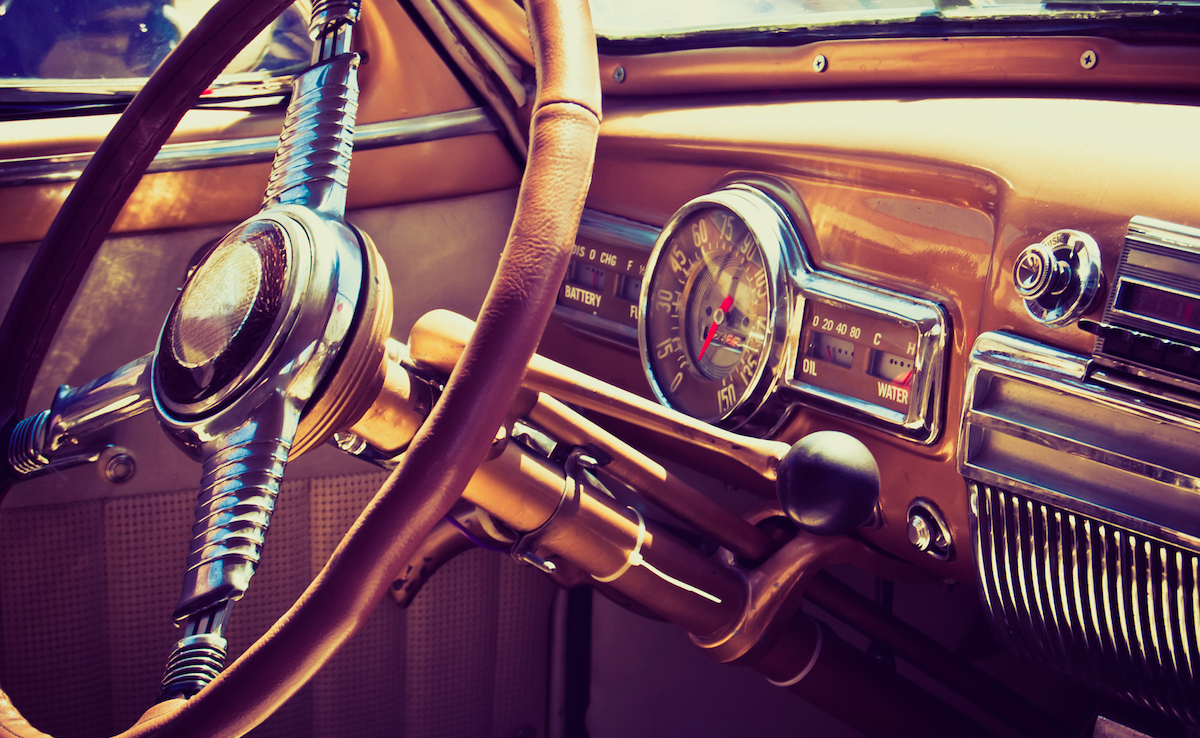The biggest question people have about bail is the type of collateral bond companies accept. To help you better understand payment methods and risk factors, we’ve put together this list that outlines the most common types of collateral used for securing bail bonds.
Cash
Cash is the easiest way to pay bail, though not always the smartest. A court date can be set months in advance which means the cash you pay to the jail (the full amount) is tied up until the defendant goes to court. Afterwards, the amount is paid back in full.
Surety Bonds
One of the most popular ways to secure a bail bond is with surety, or when you pay 10 percent (the “premium”) to a bondsman. This 10 percent is the bondsman’s charge for processing and fronting bail to release a friend or family member from jail. Since you sign a surety bond, you are the one who is responsible for penalties if the accused skips a court date.
On the other hand, it is often much easier to go ahead and pay 10 percent and not have to worry about forms of collateral. As long as you trust the defendant to go to court, it’s a one-time, stress-free payment.
Property
Property is extremely valuable and often the only way a person can cover the bail minimum. “Property,” of course, refers to land as well as homes. Once you decide to use property, you have to work with a bail bond agent to figure out the details. The property is on the line until the accused appears in court. If he or she skips out on court, the property might be foreclosed.
You can also use your home as collateral, though this isn’t as common as other types of property. Why? Because assessing a home’s value can take several weeks. Also, most bond agencies look for equity values that are 150 percent the required amount.
Cars
Putting a car up as collateral may sound easy, but it’s not always the best thing to do if you have other options. Why? Because, like a home, you can lose a car or truck if the defendant doesn’t show up for court. That’s the risk you have to take, though.
Jewelry
Typically, jewelry is the go-to bond collateral for smaller bail amounts. Fortunately, diamonds are preferred because the gold market is up and down all of the time.
Other than jewelry, you can also try to use “pawnable items.” This includes anything of value you own that doesn’t fit into other categories, like a television, speakers, game systems, instruments or even firearms. It depends on the value of the item and the bond agent’s willingness to work with these goods.
The best advice is this: Call Bail Hotline before you start digging through your attic for pennies. There are options out there for you and expert bondsman are here to help.
